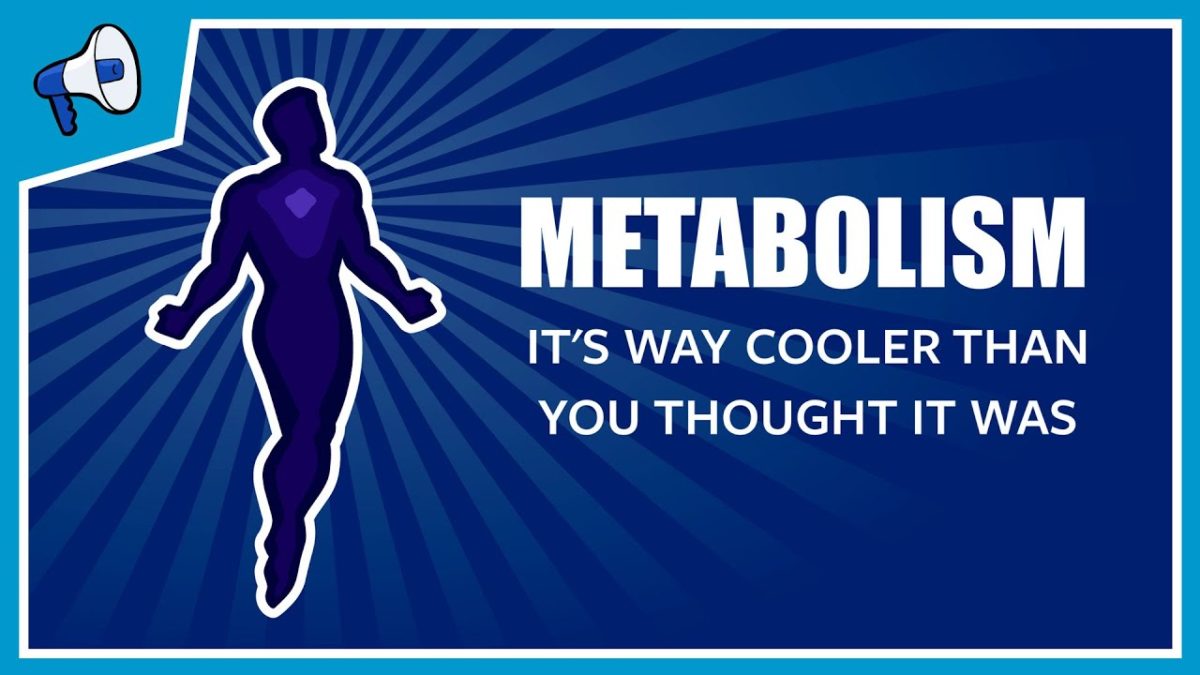Defining Metabolism
WPH Press
Each Wednesday the WPH features the WPH Wednesday Workout, designed to help you become a stronger, fitter, faster, and better handball player. From leg and shoulder strengthening exercises to HIT Training, biking, surfing, balance, footwork, agility, coordination, first-step explosiveness, hydration, cooling down, upper body strengthening, circuit training, altitude training, swimming, jogging, and much more, the WPH Wednesday Workouts focus on the areas that every handball player needs to reach their peak form.
To view all WPH Wednesday Workouts, go HERE
On this WPH Wednesday Workout, we’ll discuss and define metabolism.
We often hear people say, “My metabolism isn’t what it used to be,” and “You can’t eat like you used to and stay fit.” Are these statements true?
What is metabolism? How does it affect us?
News Medical Life Sciences HERE defines metabolism as “a term that is used to describe all chemical reactions involved in maintaining the living state of the cells and organism.”
The Mayo Clinic HERE defines metabolism as the process by which your body converts what you eat and drink into energy – the calories in food and beverages are combined with oxygen to release the energy your body needs to function.
The Mayo Clinic lists several factors in determining your metabolism:
- Your body size and composition: People who are larger or have more muscle burn more calories, even at rest
- Your sex: Men usually have less body fat and more muscle than do women of the same age and weight, which mean men burn more calories
- Your age: As you get older, the amount of muscle tends to decrease and fat accounts for more of your weight, slowing down calories burning
The Mayo Clinic lists two additional factors in determining how many calories your body burns each day:
Food processing
Physical activity
Can you blame “slow metabolism” on weight gain as you age?
According to the Mayo Clinic – No. Weight gain is generally a combination of genetic makeup, hormonal controls, diet composition, and the impact of the environment on your lifestyle, including sleep, physical activity, and stress.
WebMD HERE concurs with the Mayo Clinic, in that weight gain during midlife is unlikely the result of a slowing metabolism. Pontzer, an associate professor of evolutionary anthropology and global health at Duke University stated that metabolism is really steady from the age of 20 to 60.
Thus, the notion that gaining weight as you age is due to slowing metabolism is largely untrue. Weight gain as you age is generally the result of a less active lifestyle, inadequate sleep patterns, poor diet, and a sedentary lifestyle. If you want to lose weight, don’t blame the slow metabolism fallacy, develop better eating habits, exercise more frequently, and adopt more consistent sleep habits.
Stay tuned for WPH Wednesday Workout Metabolism Part 2, where we will highlight a metabolism booster HIT workout.
David Fink
WPH Fitness Director











